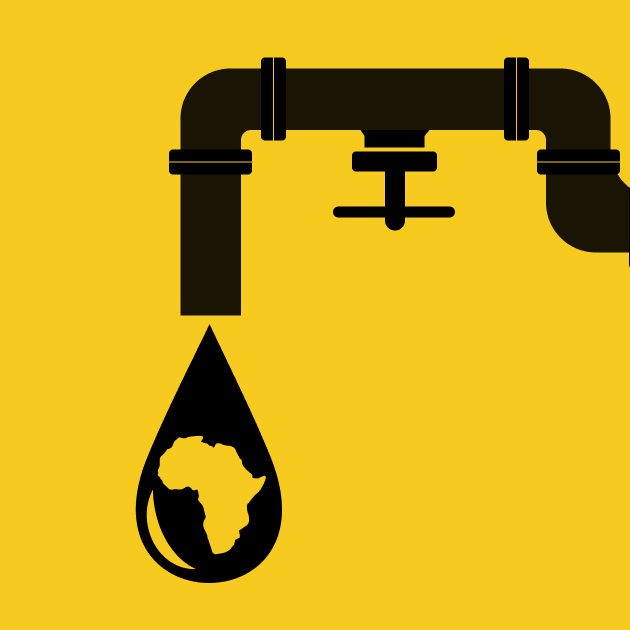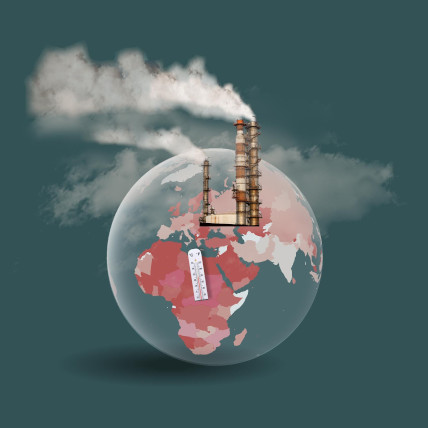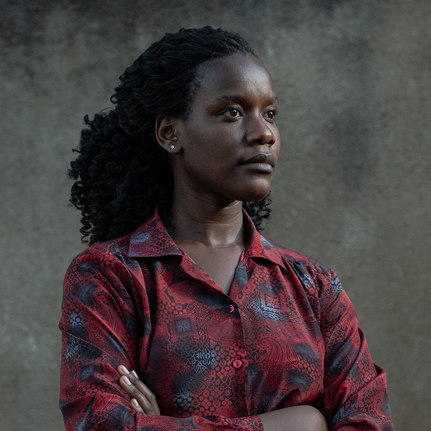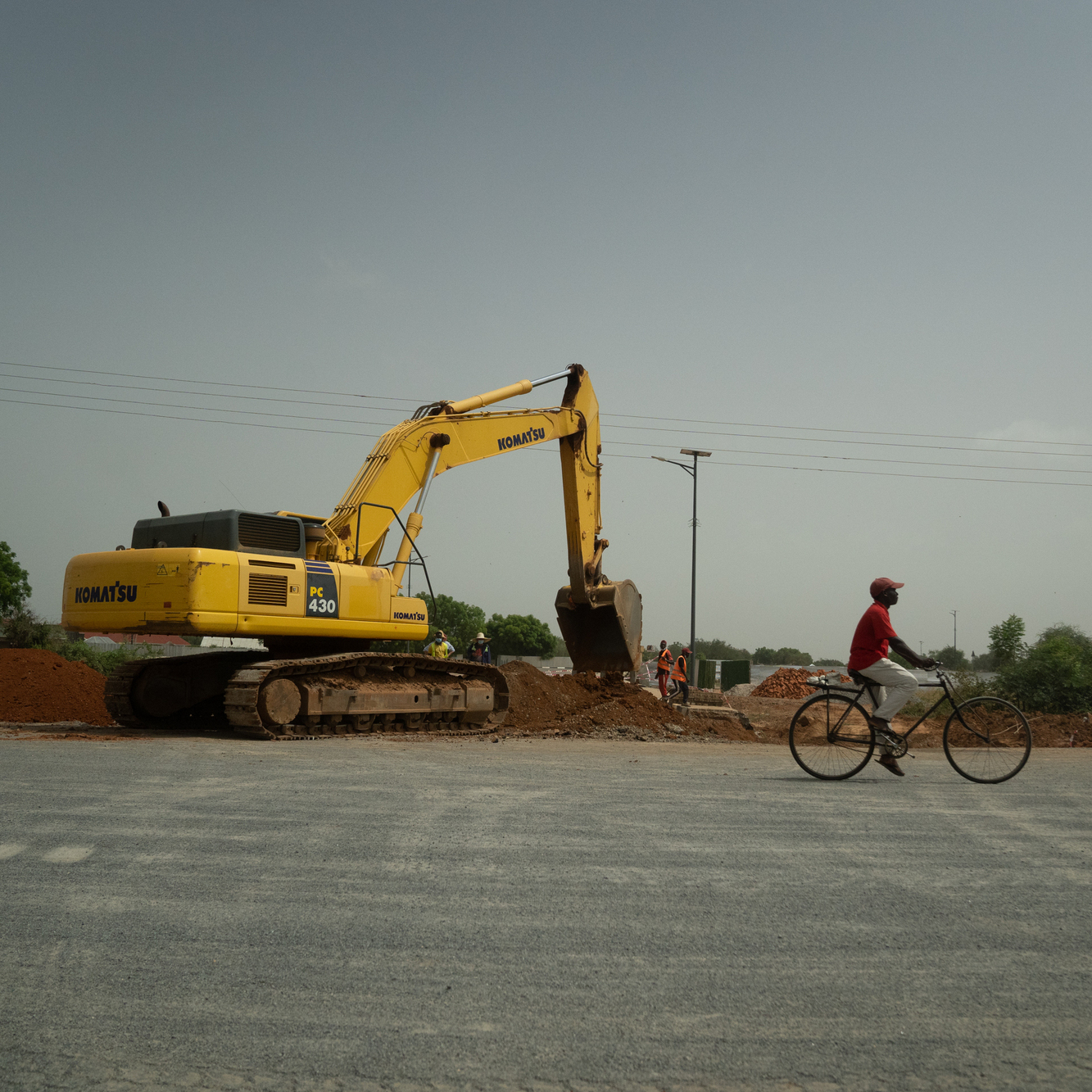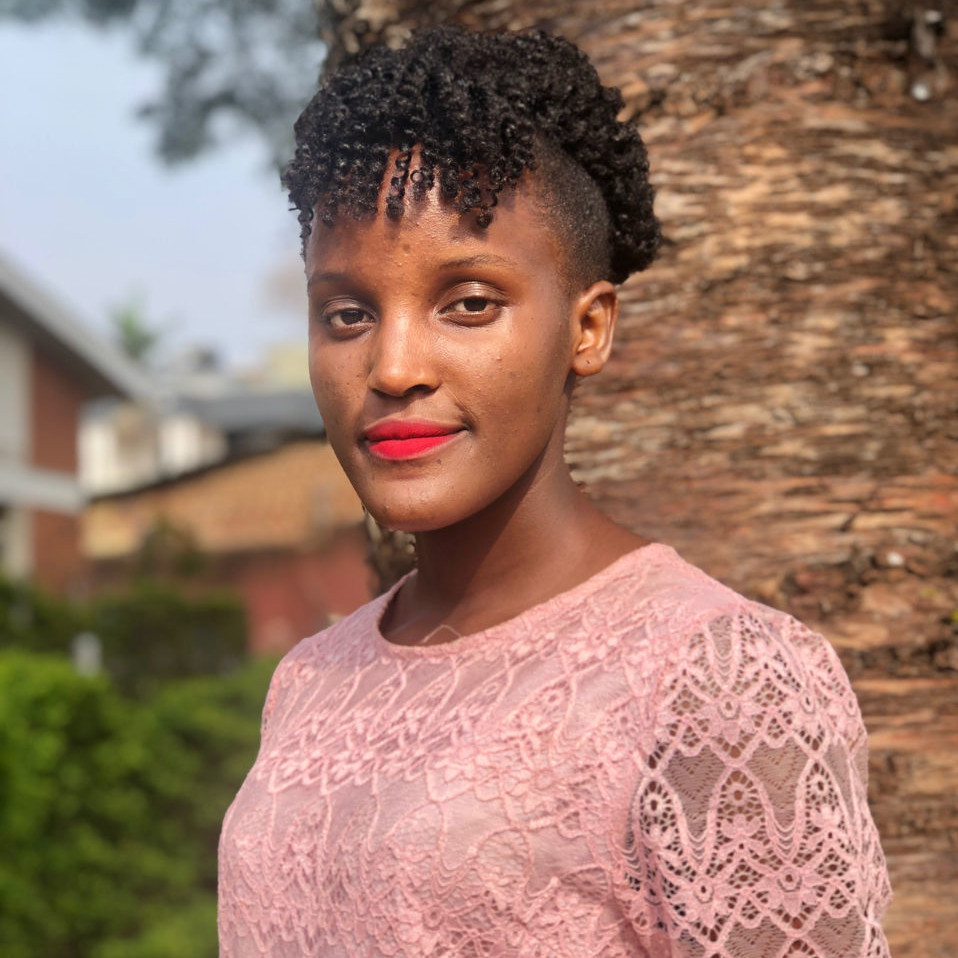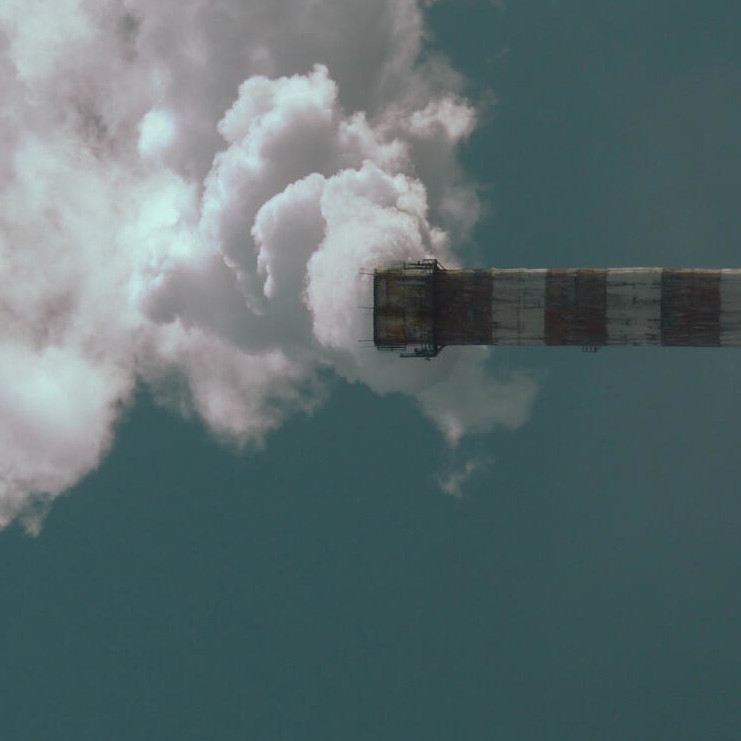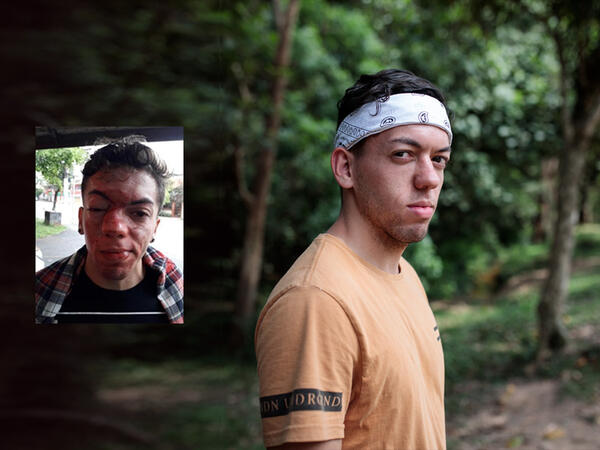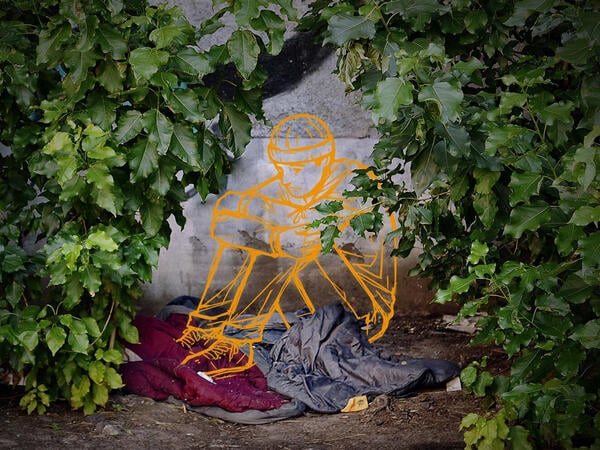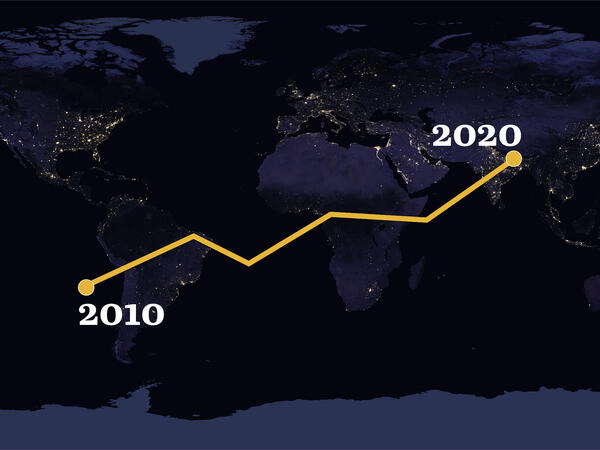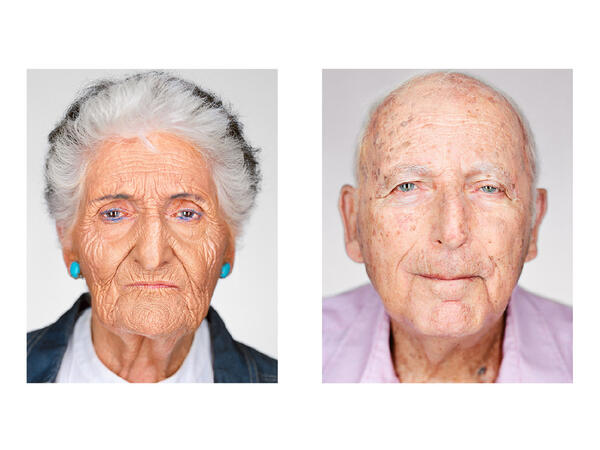A Female
Fight for the
Future
Auf Deutsch lesen
In Europe, Fridays for Future are striking for action on the climate. Sweden’s Greta Thunberg and Germany’s Luisa Neubauer have achieved cult status. These activists are now on international stages negotiating with business and politics about how much change is needed, how quickly and who will pay for it.
A few thousand kilometres further south, the 1.5-degree temperature increase has already been exceeded. Cities are sinking, land is drying out, coasts are slipping away and certain crops simply won’t grow where they have for millennia: this is already the reality in many African countries. Young women in Africa are particularly affected by the consequences of the climate crisis. Although they engage in climate activism, they are hardly ever invited to international negotiating tables. Or if they are, they’re cut out of the picture afterwards, like Ugandan climate activist Vanessa Nakate.
Our year-long project is dedicated to women fighting the climate crisis in African countries. Not only are their means of protest often different, we can also learn from their solutions. Over the next few months, you’ll find regular new portraits, interviews, interactive visualisations of climate impacts, and on-the-ground reports here.

